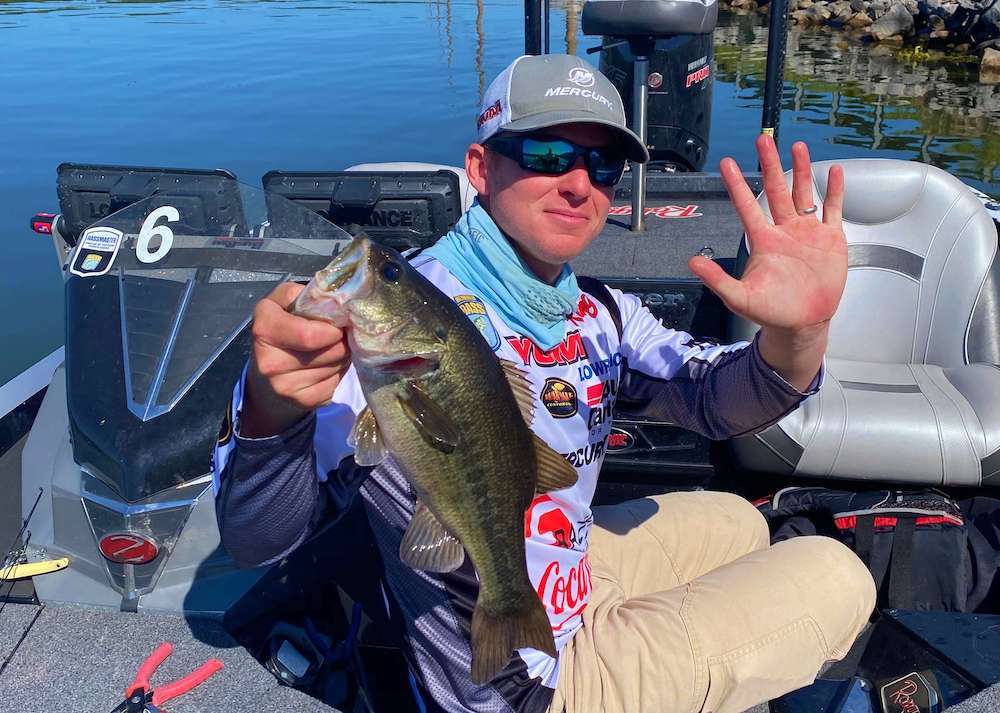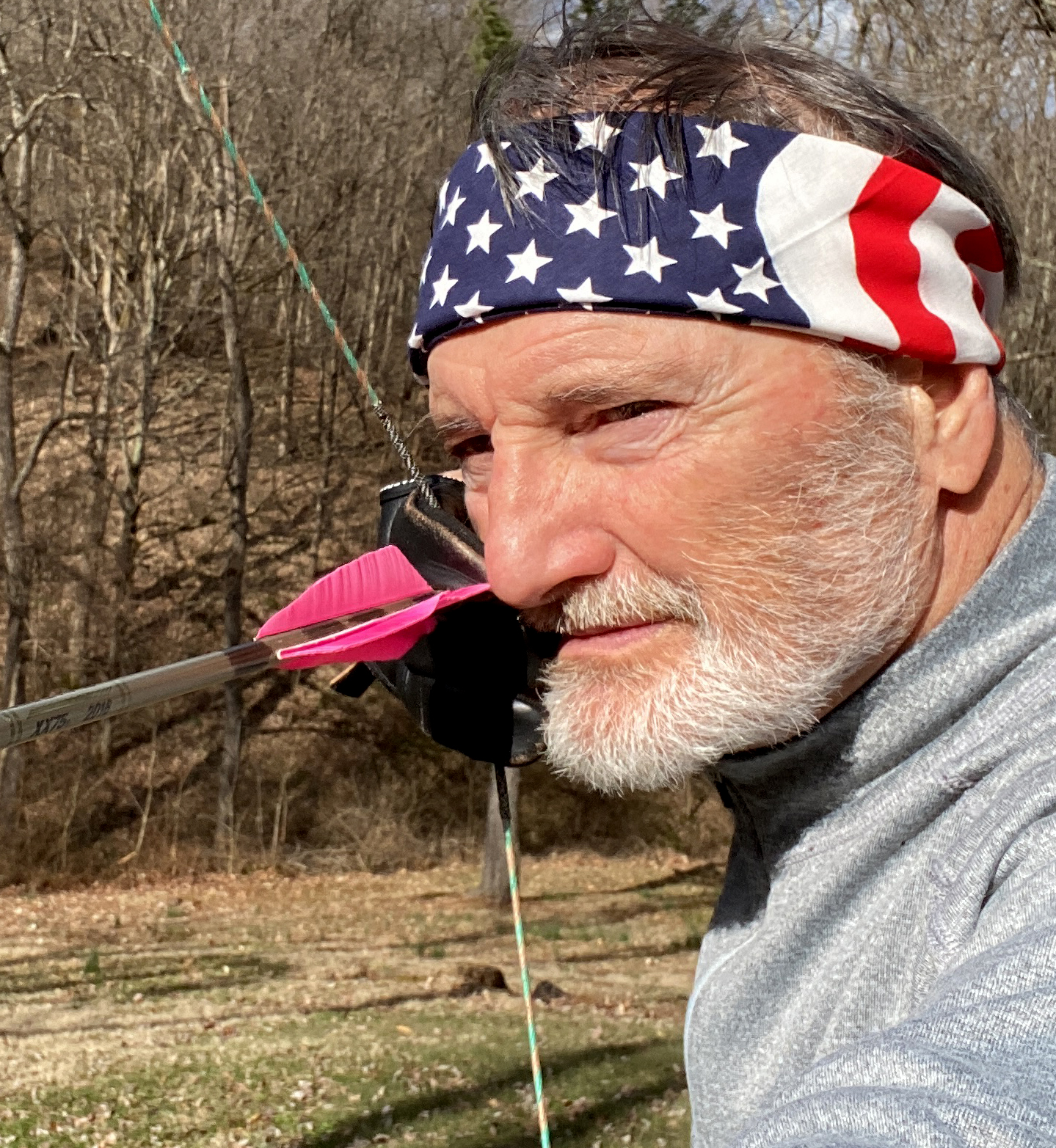
Georgia angler Micah Frazier, one of the young guns on the Bassmaster Elite Series, has been a model of consistency since he became an Elite pro in 2015. He has qualified for the Bassmaster Classic four times and has made the money in 45 of 67 Bassmaster tournaments. He also won an Elite tournament in 2019 on New York’s St. Lawrence River.
His B.A.S.S. earnings are well on the way to $600,000. Add to that the $240,000 he garnered while fishing FLW tournaments prior to the Elites. He earned some of that cash while competing in two Forest Wood Cup championships.
When Frazier was a youngster, his father, Bruce, and grandfather, Sherwin Shoemaker, nurtured his love for fishing. They were not bass anglers, nor were they into fishing tournaments.
“They both took me fishing just because they knew I loved it and wanted to spend time with me,” Frazier said.
His father had a bay boat that they launched at West Point, Eufaula, Lanier and other lakes near home. Their target species were catfish, bream and “whatever would bite.” On family vacations they towed the boat to the Florida Panhandle where they fished saltwater for snook, redfish, trout and the occasional tarpon.
At around age 10 Frazier became aware of B.A.S.S. From then on he urged his elders to target mainly bass. He learned bass tactics on his own by reading fishing magazines and watching fishing shows on TV. By 14 his goal in life was to become a professional bass angler.
His father was supportive of his dream and bought an older Ranger bass boat when Frazier was 15, too young to tow the boat to a lake.
“If dad couldn’t go fishing, he would let me go with one of my friends who had a driver’s license,” Frazier said. “I had a short list of buddies he trusted to tow the boat.”
Frazier started fishing local tournaments immediately. His first major step toward bass stardom came the following year. He got his driver’s license and began fishing BFL tournaments as a boater and a co-angler.
“I pretty much sucked for the first two years,” Frazier said. “I got lucky and won one at West Point. I caught them on a Carolina rig from places where I’d never caught bass before and haven’t since.”
After fishing the BFLs for a few years, he stepped up to the EverStart series. About this time he also enrolled at the University of West Georgia to take marketing and business classes. In 2010 he competed on the FLW Tour as a co-angler. The next year he qualified for the FLW Tour via the FLW Series. This prompted him to leave college and concentrate on tournament fishing.
His plan before college was to fish professionally and work in his father’s gas station/convenience store business. He didn’t need a college degree for either.
After competing on the FLW Tour for four years, Frazier qualified for the Elite Series in 2014 by fishing the Northern Opens.
The year before this achievement he married Anna, whom he had been friends with since childhood. As Elite gypsies, they traveled to the tournaments and stayed at campgrounds. Camping became less of an option when their son, Huck, came along two years ago.
For the past few years, Frazier and fellow Elite Series pro Stetson Blaylock have rented a house during the tournaments and have brought their families with them. That will change next year because Frazier’s younger brother, Marc, double qualified for the Elite Series via the Bassmaster Opens. He is married and has an 11-month-old son.
In 2021 the Frazier families will travel together and rent a house during Elite tournaments.
“I’ve learned more about how to catch bass in the last five years than I did in the 10 years before that,” Frazier said. “There was no social media when I was growing up. The electronics were ancient compared to what we have today. Kids can learn a lot faster now.”
To stay ahead of the curve, Frazier strives to master new advances in electronic technologies as soon as they are introduced. He claimed that side and down scanning have been instrumental to his success.
“I like a lot of different techniques, but I think I do better offshore,” Frazier said. “Whether I’m fishing the Tennessee River or for smallmouth up north, I just feel more comfortable fishing out.”

